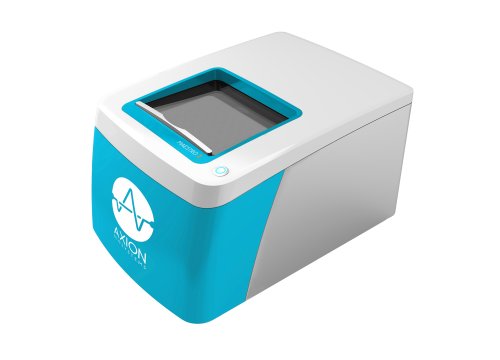M Logun, MB Colonna , KP Mueller, D Ventarapragada, R Rodier, C Tondepu, NJ Piscopo, A Das, S Chvatal, HB Hayes, CM Capitini, DJ Brat, T Kotanchek, AS Edison, K Saha, L Karumbaiah
Cytotherapy, 2023
Scientists establish impedance-based sensing on Axion’s noninvasive Maestro Z as a “high-throughput label-free assay for preclinical potency testing of CAR T cells against solid tumors.”
Cell-based immunotherapies have transformed the treatment landscape for hematological malignancies but show limited efficacy against solid tumors such as glioblastoma—in part, the authors say, because scientists need high-throughput functional screening platforms for detecting cytotoxicity that overcome the limitations of conventional assays, which can miss critical cellular events and disturb natural biology. In this study, researchers use Axion’s noninvasive Maestro Z impedance-based live-cell analysis platform, and other methods, to examine the anti-tumor potency against patient-derived glioblastoma cells of anti-disialoganglioside (GD2)-targeting CAR T cell products generated via retroviral transduction and virus-free CRISPR editing (VFC).
Results from continuous, label-free in vitro monitoring on the Maestro Z over a period of 2 days and 7 days provided real-time kinetics, demonstrating that VFC CAR T cells were able to kill the target cells faster than retrovirally generated CAR T cells. The team also created a predictive model of CAR T cell potency by combining impedance sensing with complementary endpoint assays including flow cytometry, cytokine analysis, and metabolomics. Overall, the scientists conclude that their results “establish impedance sensing as a high-throughput, label-free assay for preclinical potency testing of CAR T cells against solid tumors," and suggest the platform can be used to answer fundamental questions about CAR T cell fitness and facilitate cell manufacturing workflows.

